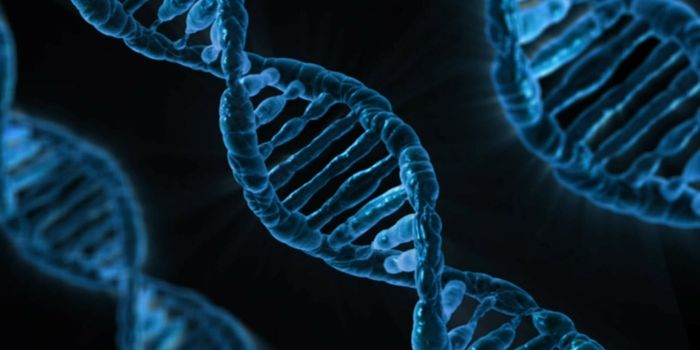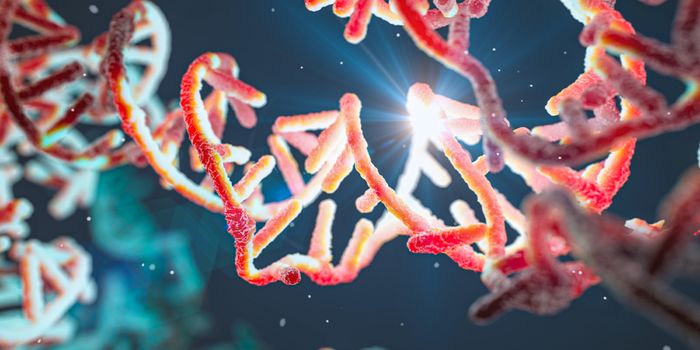Another CRISPR-Based Therapy Relieves Patients of Disease Symptoms
The CRISPR gene editing tool was developed about a decade ago, and since then it has transformed research in the life sciences. The technology has also been used to treat a small number of patients with genetic diseases, such as sickle cell anemia. Sickle cell patients have been treated in an approach that removes cells from their bodies, then edits the genomes in those cells, and finally, returns the modified cells to the patient. But a new approach has been attempted in which gene editing was performed within the patient's bodies.
This latest gene editing approach based on CRISPR technology has been used to treat a group of patients with a genetic disorder called hereditary angioedema, which causes painful and unpredictable attacks of severe swelling. The disease can have a detrimental and significant impact on quality of life, and it can also disrupt the airways and lead to death. This rare disorder is not always properly diagnosed, but it is estimated that about one in 50,000 people around the world have the disease.
A group of about ten hereditary angioedema patients has been able to discontinue taking medications for their disorder after receiving this new gene therapy. The work has been reported in the New England Journal of Medicine. Although cures are rare in medicine, these patients appear to have been totally cured of their disease.
"It looks as if the single-dose treatment will provide a permanent cure for my hereditary angioedema patients' very disabling symptoms," said principal study investigator and clinical immunologist Dr. Hilary Longhurst, an associate professor at the University of Auckland.
Similar treatments that are based on CRISPR/Cas9 can also be used to treat other genetic disorders, noted Longhurst.
None of the patients in this trial experienced any serious or permanent side effects after being given one dose of the gene therapy. The treatment, called NTLA-2002, was administered over two to four hours in the clinic. It targets a gene called KLKB1. The first of the patients was treated in late 2021.
Hereditary angioedema can be caused by mutations in several different genes, one of which is KLKB1. The KLKB1 gene encodes for a protein called plasma prekallikrein. When mutated, there is an excess of this protein. The gene therapy aims to reduce production of this protein, which reduces the swelling attacks in angioedema. There was a mean reduction of 95 percent in the levels of this protein in all patients treated with the gene therapy, according to the latest follow up.
Patients will be monitored for up to fifteen years after the procedure, and another trial is planned for later this year.
"We've never been closer to the ultimate treatment goal of normalizing hereditary angioedema patients' lives and offering total control of the disease," said Dr. Danny Cohn of the Amsterdam University Medical Center.
Sources: University of Auckland, New England Journal of Medicine









